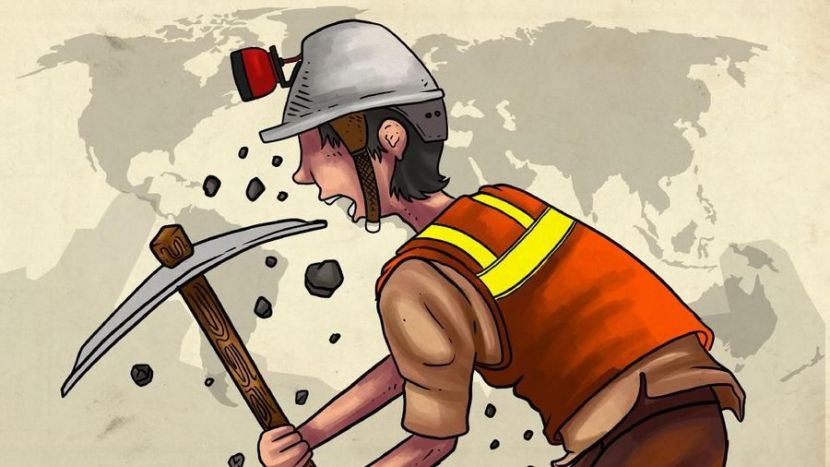Prabowo opposes minority control of energy minerals

Teachers at the National Institute of Science and Technology (NIST) say Indonesia is rich in resources such as gold, nickel, natural gas and coal, but many of its people live in poverty.Mining villages have potholed roads, dilapidated schools built on valuable land, and children inhale dust on a daily basis. There are cross-border trade malpractices, document forgery and quality falsification in resource trade. For example, low-quality Indonesian coal is sold to foreign intermediaries at US$28 per ton, and then resold to other countries at US$92 per ton after being "upgraded", with the difference in price bringing huge profits. If 100 million tons of coal are exported annually, at a price differential of $20-60 per ton, the potential profit would be $2-6 billion per year, or $40-120 billion over 20 years (roughly 1,800 trillion rupiahs), which may be captured by a handful of middlemen. Ensuring that governance norms face huge challenges and that the regulatory system is not strong enough to counteract the interests behind them is not a matter of individuals, but rather a result of exploited loopholes in a complex system.President Prabowo introduced the concept of "economics of greed", stating that he would not allow a few people to control the country's wealth, that he would not allow the energy and mining sectors to become "ATMs" for the elite, and that he would adhere to his oath of office and the mission of the 1945 Constitution, which is about the destiny of the country and the sovereignty of the land. The destiny of the nation and the sovereignty of its lands are at stake.

